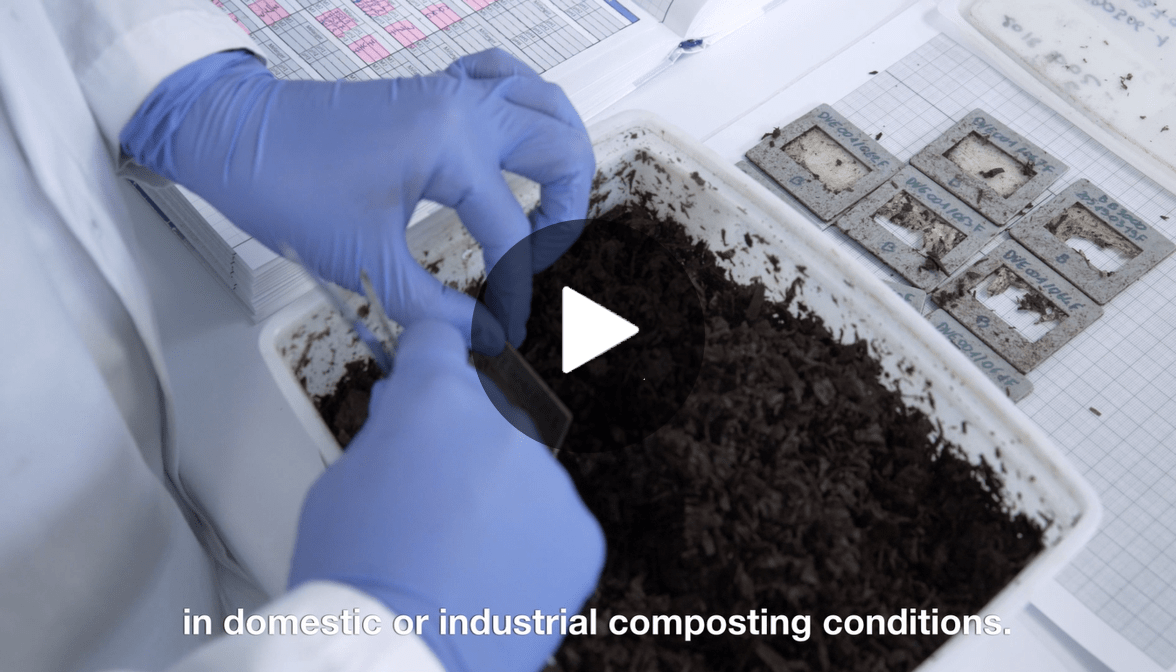Each year, the global production of plastic amounts to a staggering 460 million tonnes, resulting in no less than 353 million tonnes of plastic waste (source: OECD 2022). Despite these staggering statistics, per capita consumption continues to rise steadily. While the management of plastic products at their end of life is gradually improving, recycling rates remain low, emphasizing the need to develop new strategies.
Carbiolice, supported by 12 international patent families, has developed an enzymatic activator called CARBIOS Active. This groundbreaking solution addresses the primary challenge associated with bio-based plastics: their end-of-life. Flexible and rigid PLA packaging can now become 100% compostable with organic waste, even at room temperature.
In practical terms, thanks to the biodegradation of PLA, items such as trays, coffee capsules, tea bags, bubble wrap, and other packaging materials can be composted alongside organic waste in industrial or domestic composting or methanisation processes. CARBIOS Active is available in the form of an encapsulated enzyme, making it easy to incorporate during the production of plant-based plastic products. It starts its action as soon as the product enters the compost, leading to complete disintegration and biodegradation without leaving any residues or toxicity. This guarantees a high-quality return to the soil.
Our immediately deployable technology is designed for a fast-growing market, which is expected to double in response to rising demand. Plastic pollution has emerged as a significant societal concern for which many stakeholders, including food companies and flexible and rigid packaging manufacturers, are prepared to commit to addressing this issue.
As plastic pollution has emerged as a significant societal concern, numerous international organizations, including governments, unions, industries, research centers, certification and standardization bodies, and others, are actively engaged in developing and adopting new materials, such as biodegradable and compostable polymers.
At the national level, legislation is being enacted to establish dedicated composting systems, with the objective of reducing the use of conventional plastics in single-use products and non-recyclable plastics. These efforts are manifested through standards and labels affixed to products, serving as evidence of their compliance.
Biodegradable bio-based plastics are emerging as a complementary solution to recycling in the fight against pollution. However, in a period where land and water are also becoming critical concerns on a global scale, what impact will the development of biosourced plastics production have on our farmland?
100% biosourced and biodegradable, PLA is one of the first renewable plastics capable of competing with conventional plastics in terms of both performance and environmental impact! Emitting three times less CO2 and already available on the market, PLA could well contribute to reconciling plastics with the planet. Find out everything you need to know about this bioplastic!

